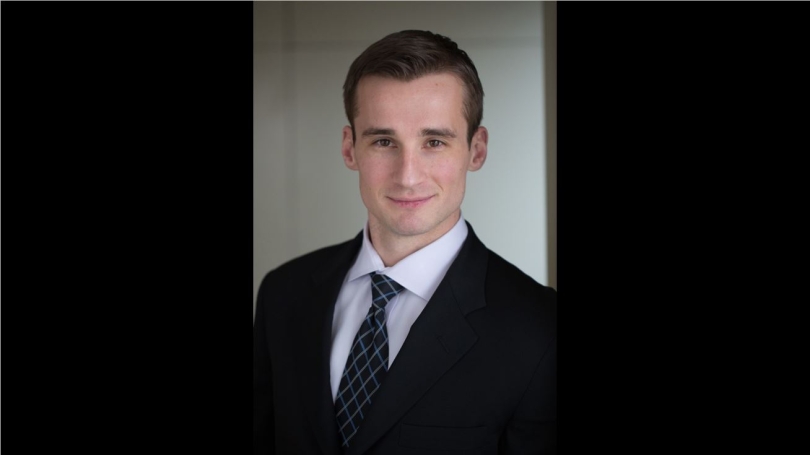I graduated Dartmouth College in 2007 as a double major in Government and History modified with Economics. Today, I am a partner at Crowell & Moring, LLP, based (in a non-pandemic) in the firm's Washington, DC and London offices. After college, I went straight through to law school, where I graduated with a dual degree: a JD from Stanford Law School and an MSc in International Relations from the London School of Economics. After a very brief stint on now-Senator Blumenthal's first senate campaign after law school, I joined Crowell where I have remained ever since.
My practice focuses entirely on assisting private sector companies to comply with U.S. and multilateral economic sanctions. As the United States has increasingly turned away from the use of military force and to the use of economic coercion as its foreign policy tool of choice, companies often find themselves right in the middle of geopolitical shifts; for example, just in 2021, we have seen new sanctions programs on Belarus, Myanmar (Burma), and Ethiopia and material shifts in existing programs on Russia and China (and Hong Kong). Virtually all multinational companies have supply chains with exposures to these jurisdictions and they need counsel to assist in the ever-changing rules.
My formative experiences in and around the Government Department were almost too numerous to count, from a Fall Freshman Government 05 course with Professor Swaine where he called on each student by name on the first day, to two terms as part of the Oxford exchange, to department-sponsored internships with my Congressman (Former Rep. Shays (R-CT)) and the U.S. State Department's Mission in Geneva, to a senior year spent in the Honors Thesis program with Professors Press and Valentino. However, it remains an anecdote from single International Security (Gov't 053) course that I took Sophomore year, to which I always return. Professor Press spent the entire session teaching us how to write for a social science audience. He remarked that most of us are taught to write in our English classes, where the writing is itself the art form; the problem is that the purpose of social science writing is to convey information and most of us are terrible at doing so artistically. He challenged us to get over our concerns with the unimaginative and dry nature of direct writing, and get immediately to the point: thesis, supporting arguments, conclusions. I often find myself wishing I had taped the course so that I could replay it for my junior colleagues today!
When not traveling for work, I live with my wife and son in Boston.
